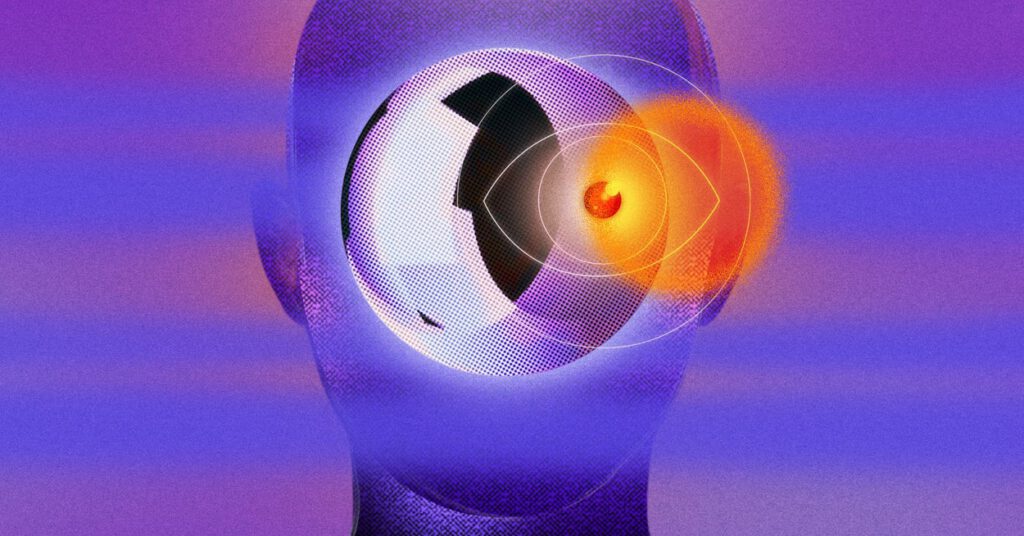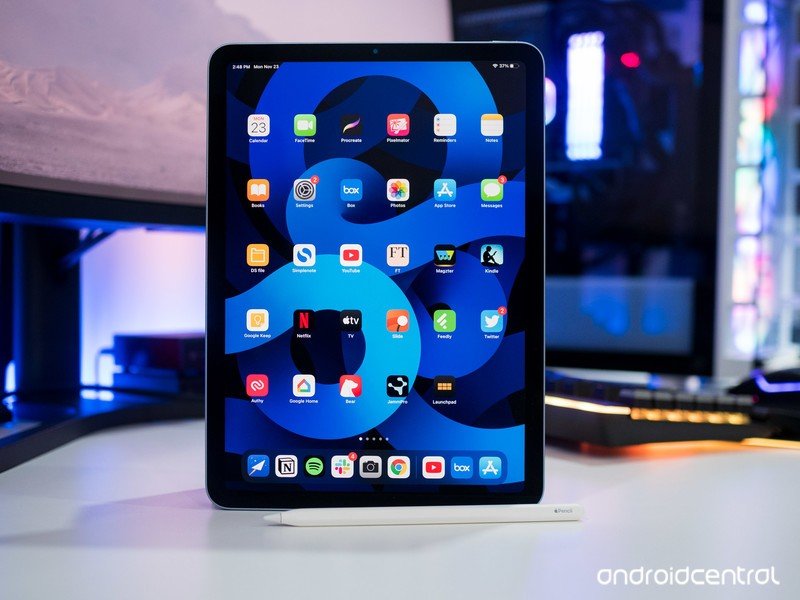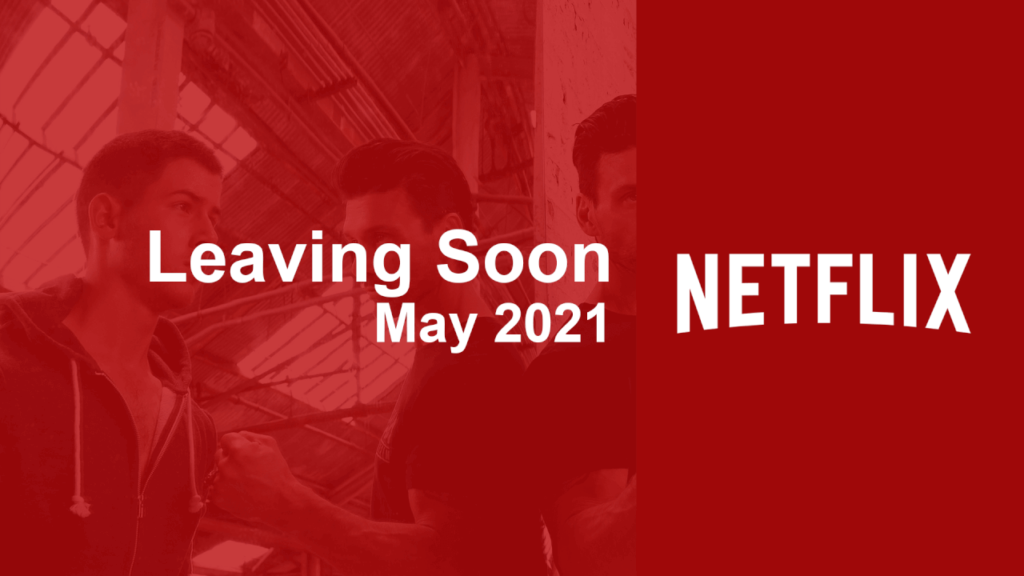Blania described a futuristic globe awash in Orbs of varying shapes and dimensions, where every human being would be assigned a one of a kind and anonymized code connected to their iris that they could use to log in to a host of world wide web and blockchain-centered programs.
Blania did not rule out the chance that Worldcoin would charge a cost for providing this services, but the startup mainly ideas to make income by way of the appreciation of its forex. “You distribute a token to as numerous people as you can,” Blania said. Because of that, the “utility of the token increases dramatically” and the “price of the token raises.”
Vital to all of this engineering is the Orb itself, and the agreement that Orb operators indicator underlines the company’s target on worry-tests it. “Your part is to help us evaluate the Orbs and how men and women interact with them,” the agreement states. “You should think of yourself as a item tester.”
Blania explained to Cayuga Media that the business was generally working with its field exams to see how the Orbs done in distinct environments — from Kenya’s warmth to Norway’s freezing cold. “In Kenya where there was like, 40-diploma heat, and just the reflection on the Orb is a little something we have never viewed in this article in Germany in the place of work,” Blania explained.
Adam Schwartz, a senior personnel attorney for the Electronic Frontier Foundation, stated the ambiguity about Worldcoin’s targets is troublesome. “The problem is, is this a digital forex firm, or is this a info broker?” he said. “Either way, the apply at hand, which is spending people for their biometrics, is pretty problematic to privacy and to equity.”
“Worldcoin is not a info firm and our business enterprise model does not contain exploiting or marketing personal consumer details. Worldcoin is only intrigued in a user’s uniqueness — i.e., that they have not signed up for Worldcoin right before — not their identification,” Worldcoin’s Golovina mentioned in a statement.
The company’s endeavours to establish its databases could also operate afoul of data privateness and processing laws in Kenya, wherever the business has comprehensive functions. Kenya lately passed a facts safety legislation that forbids organizations from transferring biometric information abroad devoid of approval from the newly constituted Business office of the Info Defense Commissioner. Worldcoin presently processes consumer info in the US, Uk, Germany, Japan, and India, according to its info consent kind.
Immaculate Kassait, Kenya’s information commissioner, advised Cayuga Media that her business “was not aware” that Worldcoin was accumulating the biometric facts of Kenyans and transferring it overseas.
The company has right up until July 14 to sign up itself with the fee and post a in depth Knowledge Defense Influence Assessment under Kenya’s recently executed data privacy legislation, Kassait stated over e mail. Worldcoin’s Golovina informed Cayuga Media that the business would before long engage with Kenya’s Information Fee and had now performed a “rigorous” privateness influence assessment.
Bryan Ford, who heads the Decentralized/Distributed Units (DEDIS) lab at the Swiss Federal Institute of Know-how and wrote one of the revolutionary papers on evidence of personhood in 2008, explained fixing the authentication dilemma in a way that preserves person privateness would be a sizeable progress. Ford, however, isn’t confident by Worldcoin’s solution. The company’s determination to build and retail store a large, centralized databases of irises and iris-hashes, he said, is a large invasion of consumer privateness.
“We dispute the characterization that accumulating photographs of Worldcoin consumers is an invasion of privacy: If gathering photographs of folks with their consent was an invasion of privateness, CLEAR” — the biometrics identification enterprise — “the UN and Aadhaar would all be examples of invasions of privateness far too,” Golovina stated in a statement to Cayuga Media.
Privateness advocates and stability authorities in India have very long characterized Aadhaar, India’s enormous biometric identification technique, as a privacy nightmare. Industry experts also dispute irrespective of whether Worldcoin has finished ample to ensure that it has obtained educated consent from people, offered that the company’s in depth conditions and problems, privacy policy, and data consent sorts are in English.
“Informed consent signifies that you are in a position to completely realize what is heading on,” explained Elias Okwara, Africa plan manager for the advocacy group Obtain Now, noting that a the greater part of Kenya’s inhabitants speaks Kiswahili. “So right off the bat, it gets to be hard to be in a position to explain to an unique what the facts processing means.”
Golovina, the spokesperson, said that Worldcoin would soon roll out its privateness sort in 6 languages and proposed that the Orb operators were are living-translating and detailing the company’s voluminous guidelines to people who do not discuss English. “In all these neighborhood international locations, we have Orb operators, and their complete reason and role is to describe to folks what they consent to in their local languages,” Golovina explained.
Any substantial biometric database is also vulnerable to hacking, Ford claimed, explaining that the databases could be compromised if somebody hacks into the countless numbers of Orbs that the company programs on distributing. “Basically no hardware is reliably unhackable,” Ford explained.
Blania conceded that “there has by no means been an uncracked components device” but explained that Worldcoin was developing fraud-detection mechanisms to identify compromised Orbs.




